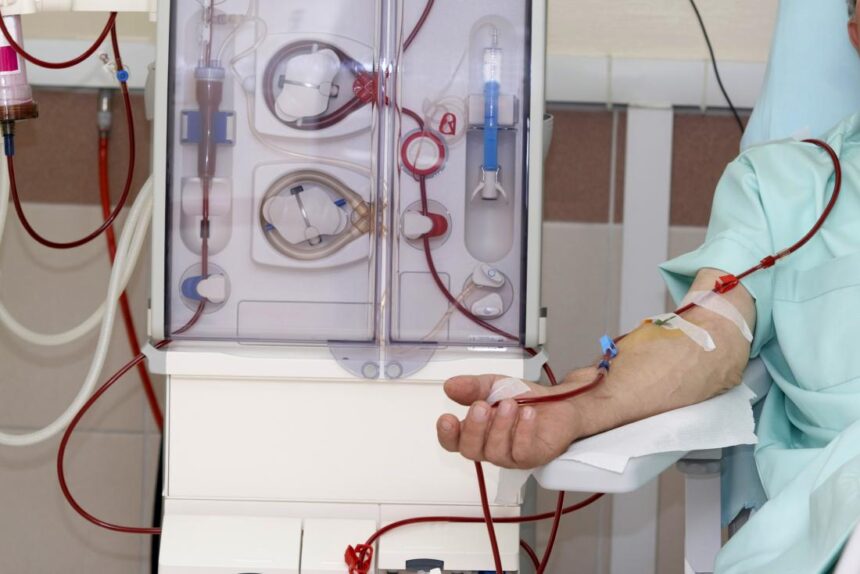Managing chronic kidney disease can be a challenging process, affecting both everyday activities and overall well-being. Dialysis is one of the most commonly prescribed treatments for individuals with advanced kidney conditions. An integral part of this therapy is creating dialysis access. Access plays a central role in consistently delivering effective treatment while contributing to a better quality of life for those undergoing care.
What Is Dialysis Access?
Dialysis access refers to the entry point created in the body to allow for an effective connection between an individual’s blood circulation and the dialysis machine. This access is an integral part of dialysis treatment, which supports the body by performing the functions the kidneys can no longer carry out fully. There are a few primary types of dialysis access often utilized, depending on the patient’s circumstances:
- Fistula: A surgical connection created between an artery and a vein. It allows for easy blood flow to and from the dialysis machine.
- Graft: A soft plastic tube used to connect an artery and a vein for patients whose veins are unsuitable for a fistula.
Each type has its own unique factors. These can be discussed with medical professionals to identify the most suitable approach for a patient.
What Does the Procedure Involve?
Fistulas and grafts are established through an outpatient surgical procedure. During this process, the patient will receive either local or general anesthesia to minimize discomfort. The surgeon will then proceed to connect either an artery and vein (fistula) or place the graft under the skin.
After the procedure, there is a healing period during which the fistula or graft develops and matures, making it ready for use in dialysis. This preparation stage is a fundamental part of facilitating effective dialysis treatment. Patients are encouraged to openly communicate with their healthcare providers to make the process smoother and address any concerns they may have.
What Are the Benefits?
Dialysis access offers several opportunities to positively impact the management of kidney disease and the experience of dialysis therapy. The access facilitates a reliable pathway for the blood to be cleaned by the dialysis machine. By maintaining a stable and effective flow during each session, patients receive the thoughtful care they need.
Both fistulas and grafts are designed to streamline dialysis. Once the access has healed and is functioning well, it can significantly reduce the time and complexity of hooking up to the dialysis machine during each session. Fistulas are known for their durability when properly cared for. They provide a reduced need for frequent replacements or interventions.
This may contribute to a more stable treatment experience over time. These benefits collectively contribute towards improved quality of life, allowing individuals to focus on living well even during long-term treatment.
Speak Further With a Specialist
Understanding dialysis access is a meaningful step in navigating kidney disease treatment. While dialysis itself is a significant process, the type of access can influence both the effectiveness of therapy and the ease with which patients adapt to everyday life.
If you are preparing for dialysis treatment, reaching out to a specialist is a valuable way to speak one-on-one and find guidance tailored to your unique health needs and lifestyle.
Related Articles
Combining Cardio and Strength Training for Optimal Fitness Results
The Evolution of CT Scans in Cancer Imaging
How an Emergency Dentist Can Treat Sudden Tooth Pain
The Role of Pediatric Neurology in Diagnosing Epilepsy in Children





